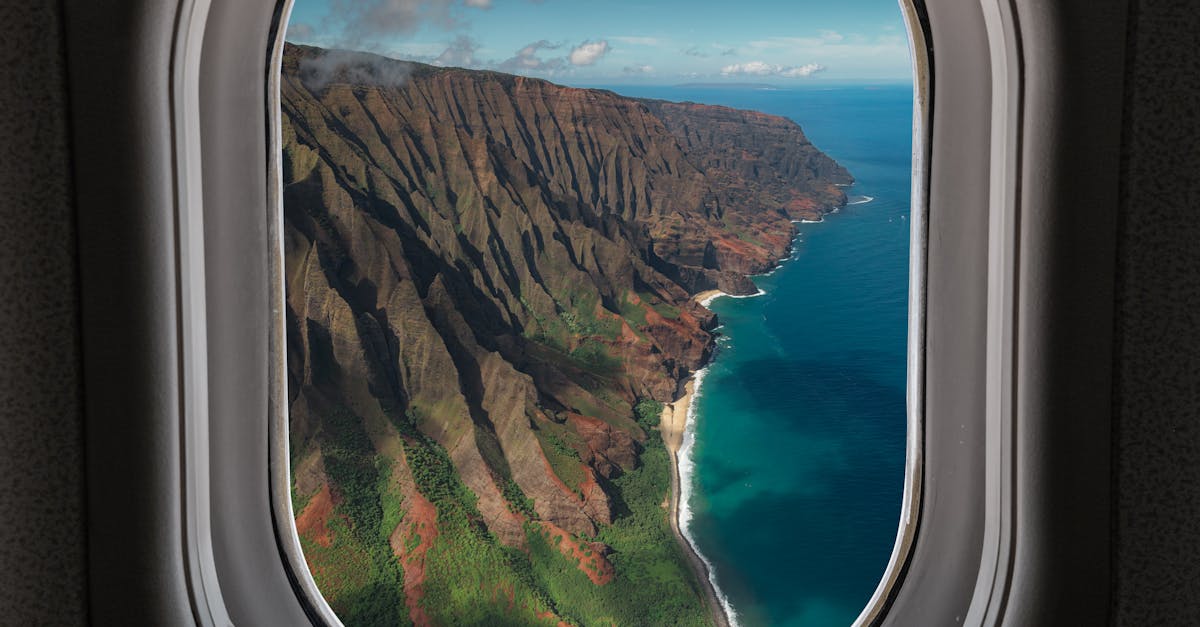A recent letter to the editor published in the Honolulu Star-Advertiser voices concerns regarding the newly enacted climate impact fee in Hawaii. The letter suggests that the financial burden should be placed on the tourism industry, specifically corporations, rather than visitors. This perspective arises amidst the backdrop of a new law that increases the hotel room tax, effective January 1st, to 14%, impacting both tourists and local residents.
The climate impact fee, signed into law by Governor Josh Green, aims to generate approximately $100 million annually, with a portion of the funds allocated towards addressing future disasters and environmental protection. This initiative makes Hawaii the first state to implement such a measure, as highlighted by Civil Beat. While supporters see it as a crucial step towards environmental sustainability, others, such as the letter writer, question the fairness of the tax structure.
The focus on the tourism industry's contribution reflects ongoing debates about the balance between economic interests and environmental responsibility. Concerns have been raised about potential impacts on visitor spending and the overall cost of accommodations. Jerry Gibson, president of the Hawaii Hotel Alliance, expresses worry about becoming too expensive for tourists, as reported by Hawaii News Now. The new tax, when combined with existing lodging and general excise taxes, pushes the overall tax rate for visitors to nearly 19%.
However, proponents of the fee argue that it is essential to protect Hawaii's natural environment, which is vital to the tourism industry. State Representative Adrian Tam emphasizes the need for transparent spending of the collected funds, as underscored by abc7.com. A balance between industry and environmental interests, as Governor Green stated, is necessary to protect Hawaii's economy and its people. The letter underscores the importance of considering multiple perspectives as Hawaii navigates the complexities of sustainable tourism and its economic implications.


